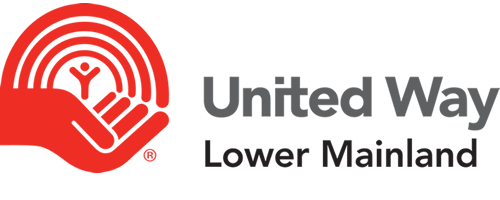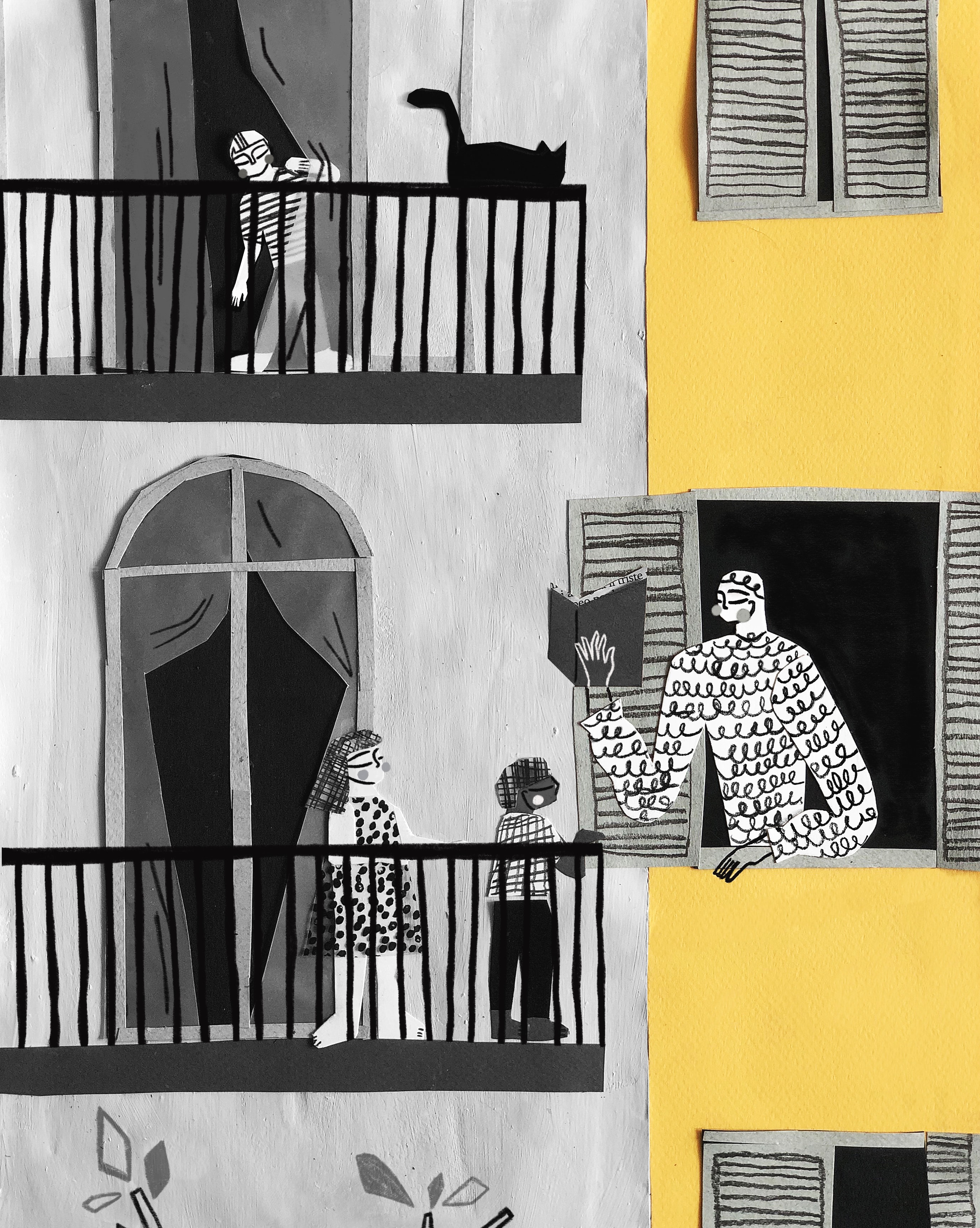
Supporting Social Inclusion and Well-Being in Metro Vancouver
Social relationships are important for our physical and mental health. There is evidence to suggest that adults who are socially connected live healthier and longer lives than those who are socially isolated. In 2012, the Vancouver Foundation conducted a survey to measure how connected and engaged residents are in Metro Vancouver. They found that 1 in 4 Metro Vancouver residents report being alone more often than they would like. Of even greater concern, 1 in 10 residents report they do not have someone they can depend on well enough to ask for help. These findings illustrate a clear need to build communities that promote social connection. Through a partnership with the United Way of the Lower Mainland, we engaged on a Mitacs project that involved
1) an analytic component to better understand the relationship between neighbourhood interactions and sense of belonging in Vancouver, and
2) a capacity building component to aid stakeholders in identifying sources of data on social connections.
KEY FINDINGS
- 65% of Vancouver residents report a strong sense of community belonging.
- 93% of Vancouver residents interact with their neighbours at least once per year. However, close to half do not spend time with their neighbours or ask or provide help or advice.
- Interacting with neighbours is strongly related to community belonging regardless of where you live in Vancouver.
- People who have children report a stronger sense of community belonging.
- Residents who are older report a stronger sense of community belonging, have more frequent interactions with their neighbours, and have higher levels of trust in their neighbours compared to younger residents.
The following associated documents provide more details:
- Social Connectedness: Concepts and Metrics
- Neighbourhood Connections and Sense of Community Belonging: 2017 Vancouver Population Survey Results Summary Report and Long-form Report
- Index of surveys on social connectedness
FUNDING



